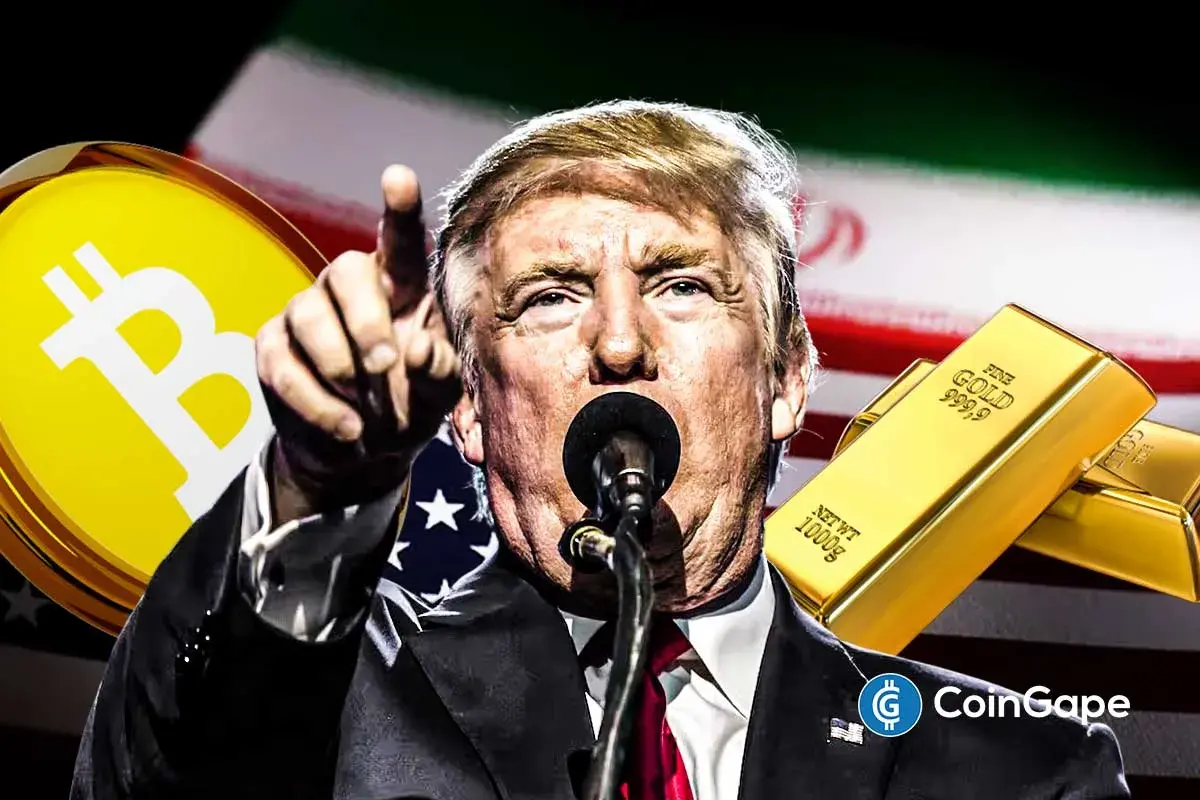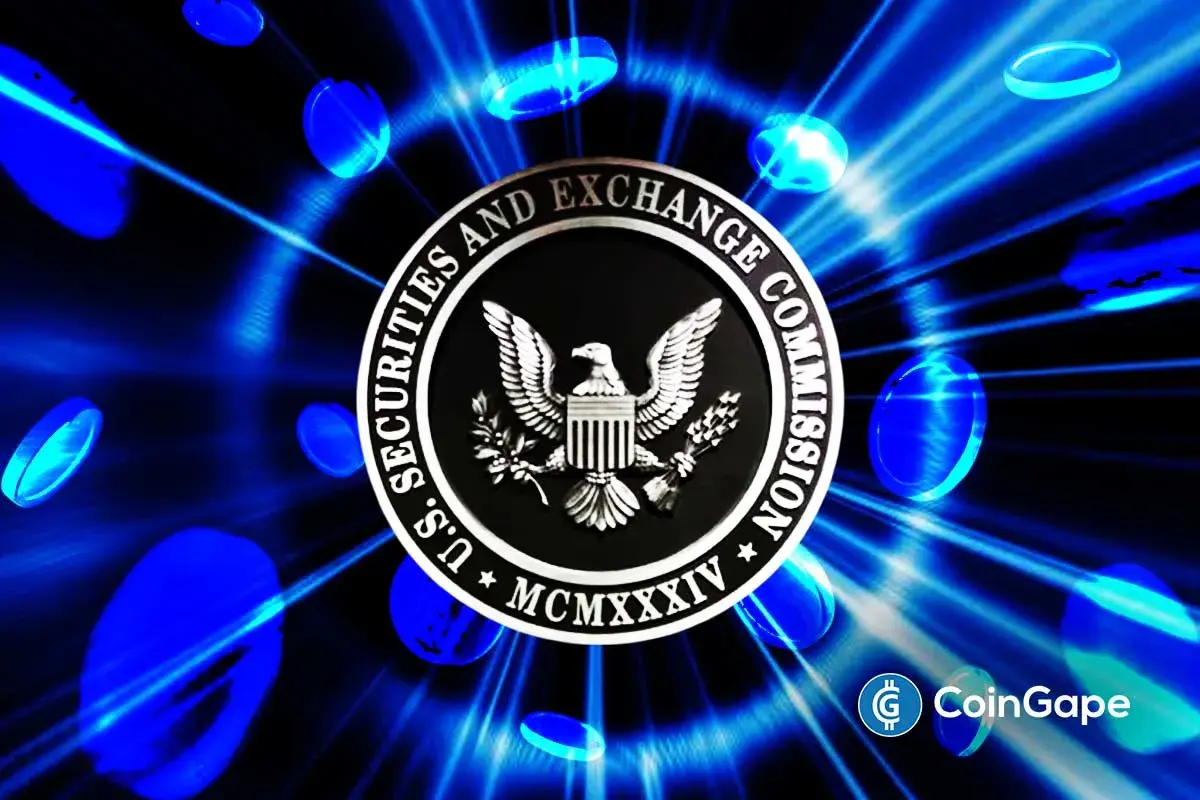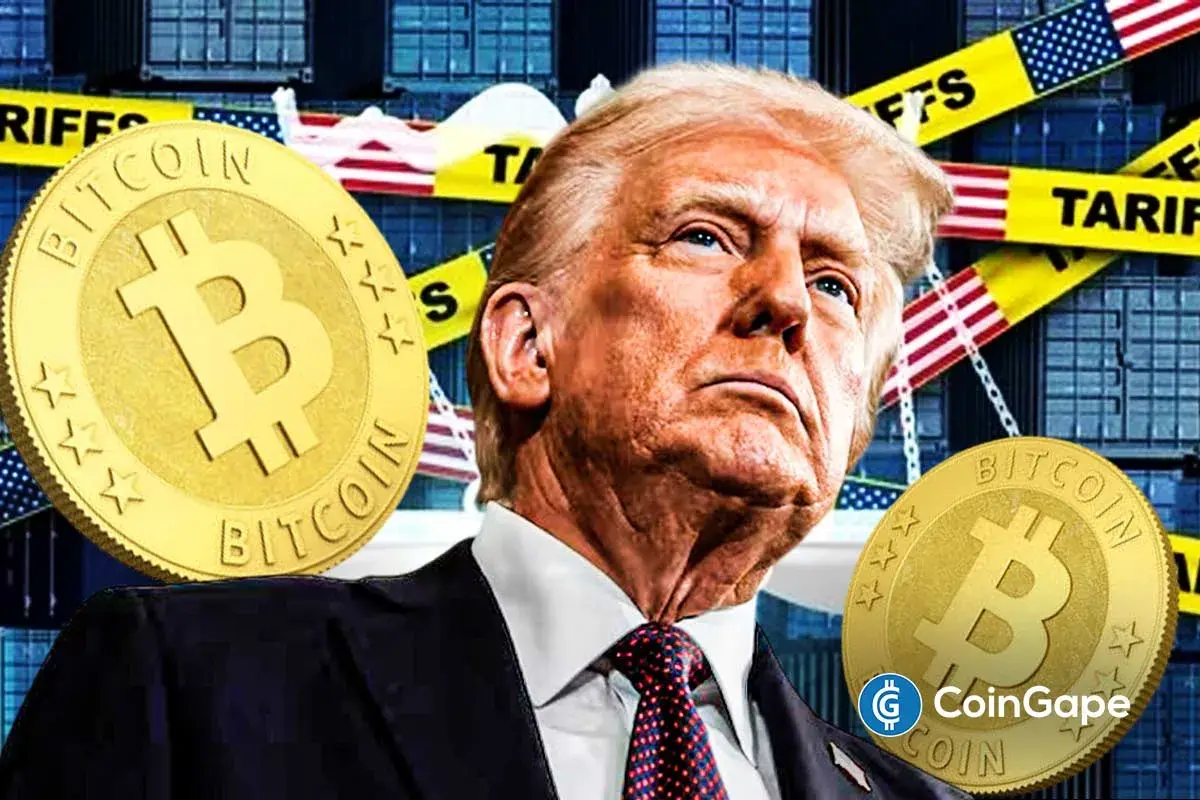Joe Biden Targets $42 Billion Revenue with Crypto Taxes in Budget

Highlights
- President Joe Biden proposes a budget targeting digital assets to generate over $42 billion in the next decade.
- The budget aims to close tax loopholes that benefit wealthy and large corporations through crypto tax regulations.
- Implementing wash sale rules on digital assets could yield more than $1 billion in revenue by 2025.
U.S. President Joe Biden‘s proposed budget for the next fiscal year outlines a series of regulatory measures. These aim to tap into the burgeoning digital asset market. Among the highlights are the administration’s implementation of wash trading rules, a crypto mining tax, and additional regulations. Officials estimate they could rake in close to $10 billion in revenue by 2025. Over the next decade, the figure could soar above $42 billion.
The budget, unveiled on Monday, sets its sights on closing crypto tax loopholes. These predominantly favor the wealthy and major corporations. The document mentions several initiatives. These include applying wash sale rules to digital assets and imposing information reporting requirements. It also involves setting foreign crypto account reporting rules. The plan integrates crypto into mark-to-market rules and introduces an excise tax on crypto mining.
Unpacking the Crypto Tax Strategy
The proposal’s breakdown reveals that including digital asset transactions in wash sale rules could generate over $1 billion in the 2025 fiscal year alone. Adding cryptocurrencies to mark-to-market rules is projected to contribute over $8 billion. Over a decade, these measures are expected to bring in $25 billion and $7.3 billion, respectively. Furthermore, an excise tax on crypto mining could cut down the national deficit by approximately $7 billion in the same period.
Wash trading rules, a focus of this budget, traditionally prevent investors from exploiting a quick buy-back strategy to claim tax losses. The proposed changes seek to eliminate this loophole for crypto investors. This harmonizes the tax treatment of digital assets with that of traditional securities. The goal is to modernize the tax code to address the unique challenges posed by the crypto market.
Repeated Efforts Amidst Political Landscapes
This is not the first trial in introducing the mining excise tax or addressing the loophole of wash sales trading by the Biden administration. Similar initiatives were incorporated in last year’s budget. Nonetheless, they failed to pass through Congress in the final budget bills. Biden’s announcement follows shortly after his State of the Union address. It is important to note that digital assets were not mentioned in his speech.
The context of this proposal is the political landscape up to the 2024 U.S. general election. After Super Tuesday, it seems that both Biden and former President Donald Trump have clinched their party’s nominations. This introduction of such regulatory measures is an attempt to resolve the complexities of the digital economy. It also focuses on a concentrated approach aimed at harnessing the crypto market for monetary gains.
Read Also: Bitcoin’s BRC-20 Token Standard Sees Major Governance Update
Play 10,000+ Casino Games at BC Game with Ease
- Instant Deposits And Withdrawals
- Crypto Casino And Sports Betting
- Exclusive Bonuses And Rewards

- Crypto Market Bill Hits New Deadlock as Banks Reject White House Deal
- Why Experts Are Warning Bitcoin Rally Could Be A “Dead Cat Bounce”
- BTC and Gold Price Bounce as Trump Admin Brokers US-Venezuela 1000 Kg Gold Deal
- SEC Advances Major Crypto Securities Plan to White House for Approval
- Peter Brandt Flips Bullish, Predicts Bitcoin Rally As Price Holds Above $70k
- XRP Price As Bitcoin Reclaims $74K- Is $5 Next?
- Dogecoin Price Outlook as BTC Recovers Above $73,000
- XRP Price Prediction as Iran-U.S. Peace Talks Trigger a Crypto Rally
- COIN Stock Analysis as Bitcoin Retests $72k Ahead of February NFP Data
- Robinhood Stock Price Prediction As Cathie Wood Buys $12M Dip in Bold ARK Move
- Bitcoin Price At Risk? Professor Who Predicted US-Iran War Says America Could Lose

 Buy $GGs
Buy $GGs

















